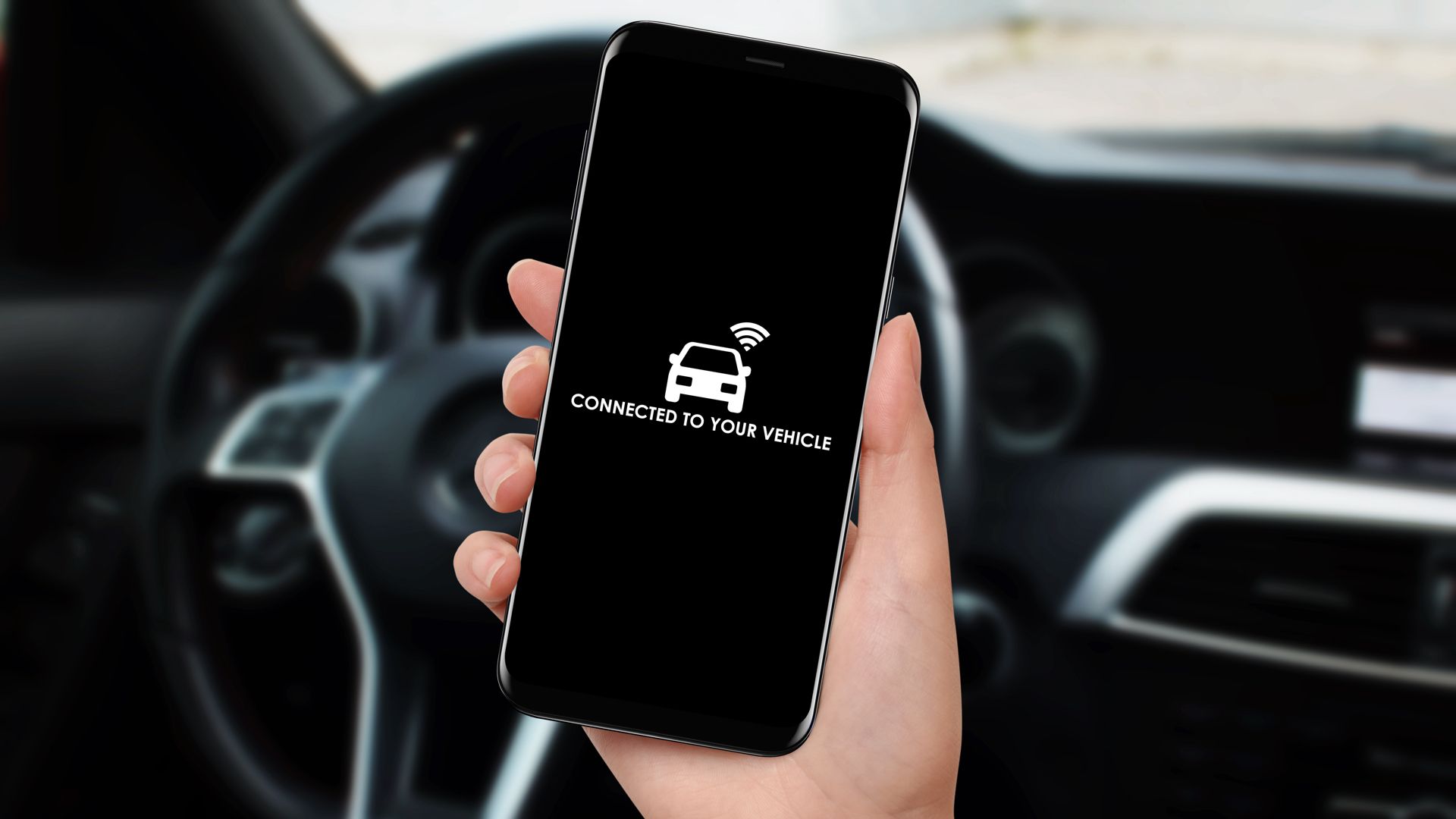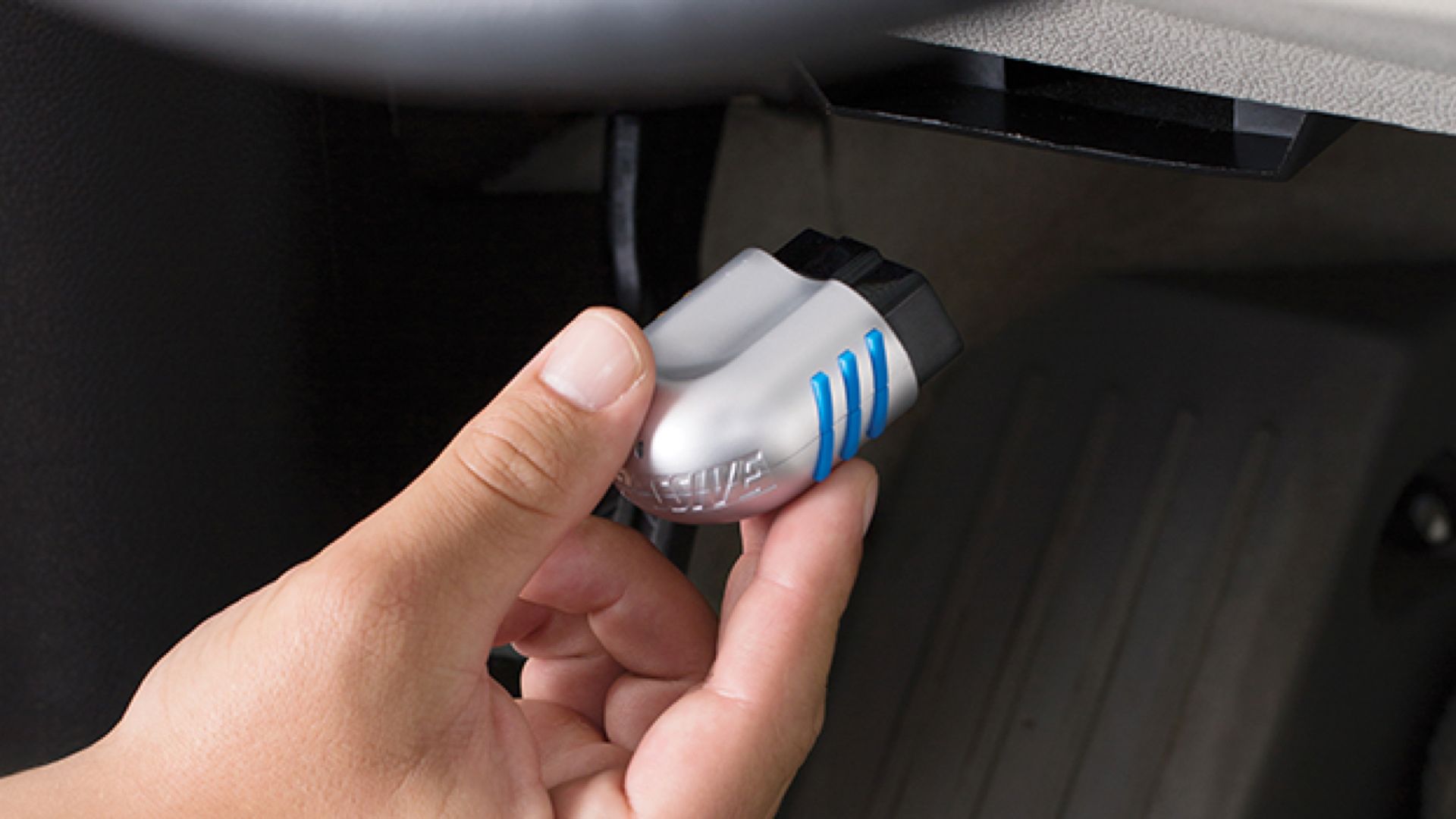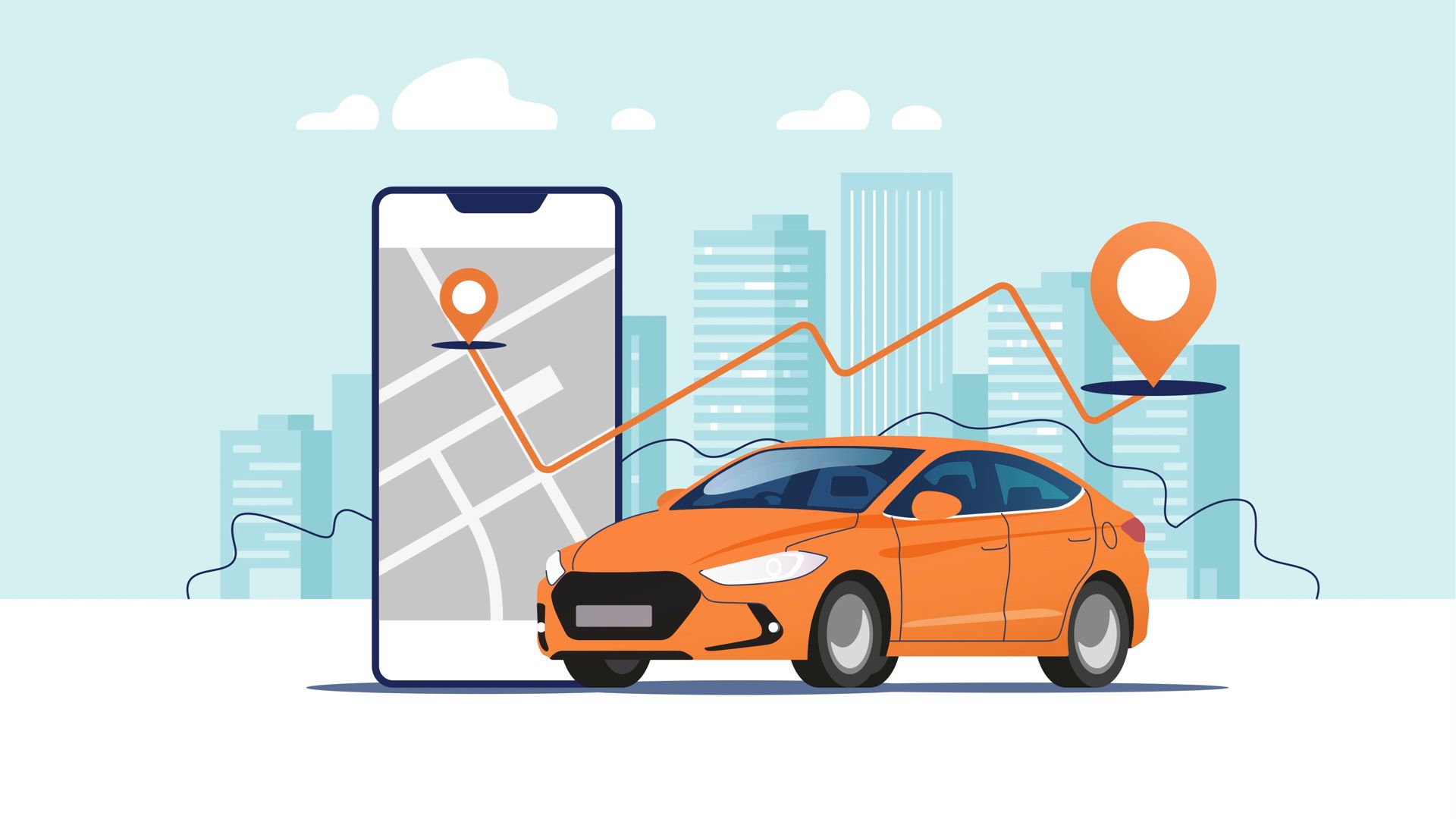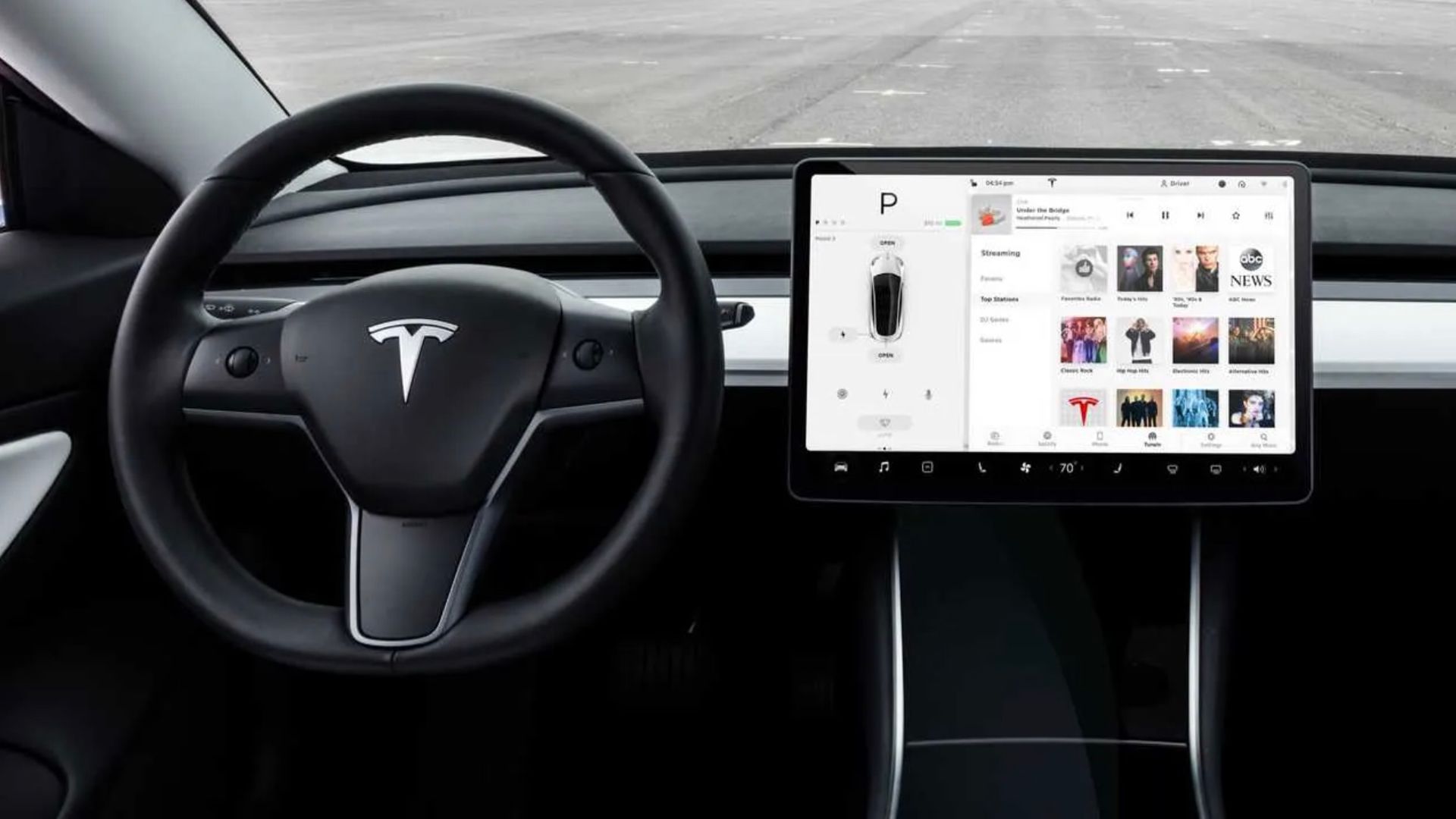Quick Links
The gas pump isn't the only thing hitting your wallet. Auto insurance rates continue to increase, and many drivers are looking for ways to save money. These days, car insurance tracking devices are available from most insurance companies, but what are they, and how do they work?
Car insurance tracking devices are also known as "driver monitors," and you've probably seen options for usage-based insurance discounts and premiums that use a tracking device.
These devices connect to your car or are app-based and collect data about your driving habits, potentially offering discounts for safe drivers or those who don't drive often. Here are the basics and what you need to know.
What Is a Car Insurance Tracker?
A car insurance tracker is a plug-in device or smartphone app that tracks your vehicle, driving habits, and more and can offer savings of up to 30% off your insurance rates. One of the first that comes to mind is the Progressive Snapshot, which may provide usage-based premiums.
These devices all use GPS and other sensors, many of which are already inside your phone. Then, insurance companies use the data gathered to see if you're a safe driver.
There are two main types of auto insurance trackers available. The first one is essentially a dongle that the user plugs into the OBD-II port under the steering wheel. It plugs into the same spot the DMV uses to smog a vehicle. This is the "onboard diagnostic" port, which can access vehicle computer information.
The second is an app that you can download on your phone. Mobile apps use your phone's GPS, data, accelerometer, and other sensors to track movement and driving. The type of tracker depends on your insurance provider or plan and may vary by user and region.
Lately, we're seeing most insurers ditch the dongle in favor of mobile apps, then you'll connect the app to a Bluetooth-enabled device your insurance provides and place it inside your car. Some of these include Progressive Snapshot, Drive Safe & Save by State Farm, DriveEasy from Geico, and others.
How Do These Insurance Trackers Actually Work?
So, how do these devices work, and what do they track? Again, this varies by brand, but the device or app will track your driving habits, location, vehicle information, and potentially more. Insurers provide the dongle or app as part of a usage-based insurance (UBI) program.
Then, it'll gather metrics, including speed, hard braking, mileage, and even time of day, to formulate your monthly insurance premium. Here's a typical list of what you can expect the device or app to track:
- Driving speed
- Driver acceleration style
- Braking habits (how hard you brake, etc.)
- Steering (fast corners, sharp turns, etc.)
- Driving time, length, direction, and distance (day or night driving)
- Mileage
- Driving location
- Phone usage (on app-based trackers)
- and more
As you can see, these devices or smartphone apps collect a lot of information. And while insurance brands understand hard braking is a part of life sometimes, the system can take critical information about your location, traffic lights, and speed limits all into account.
Insurance companies know certain situations happen on busy roads, but if you're constantly driving erratically, they'll recognize that. On the flip side, if you're a safe driver, the system will gather that data, and you'll get a lower insurance premium.
Car Insurance Tracker Pro and Cons
As you can probably imagine, there are several different pros and cons when using a car insurance tracking program. The most obvious pro is that you'll get a lower insurance premium and save money, especially if you're a safe driver or don't drive very often.
Additionally, if you frequently speed, roll through stop signs, and don't exhibit good driving habits, you might not want one in your car. You could potentially increase your rates. The insurance companies tend to frame it like "you'll get a discount no matter what," but that's not always the case.
All of these insurance tracking devices track your location thanks to GPS. Knowing your vehicle's location has several advantages outside of rate pricing. For example, location data can help first responders in an accident, aid in retrieving a stolen or towed vehicle, and much more.
Another huge benefit for parents is the ability to track or monitor kids and teen drivers. Many of these platforms offer an app for parents to see when and where kids go, speeds, and other risky behaviors. It's a great way to track children or elderly family members.
However, with all the data insurers collect, privacy is a concern. According to the Insurance Information Institute, many states have legislation to ensure insurance companies are open, honest, and transparent about the information collected.
That said, remember that your insurance company will have a ton of information about you, where you go, driving speeds, and much more. And as we said earlier, some of the app-based programs can and will track phone usage, which could increase rates if you're actively using a mobile device and texting while driving.
Should I Use a Car Insurance Tracking Device?
So, is an insurance tracking device or driver monitor worth considering? Honestly, we can't answer that question for you. There are obviously several huge benefits. Whether that's tracking your kids, finding a stolen vehicle, or saving monthly money.
Then again, privacy is a growing concern (in general) these days. Where is this information going? Does the company sell any data, and can you opt out of sharing specific details? Those are all questions you'll want to ask your provider.
At the end of the day, it's up to you. If you're a safe driver with good habits, you could benefit from one. Those who don't break the speed limit, rarely drive at night, or even go under 11,000 miles a year may see discounts.
Some car insurance providers even have an app you can download and run for a few days as a test, then see if you could qualify for cost-saving plans. Either way, remember that if you have a car insurance tracker, every move you make in a vehicle will be tracked, monitored, and aggregated into a data point.





